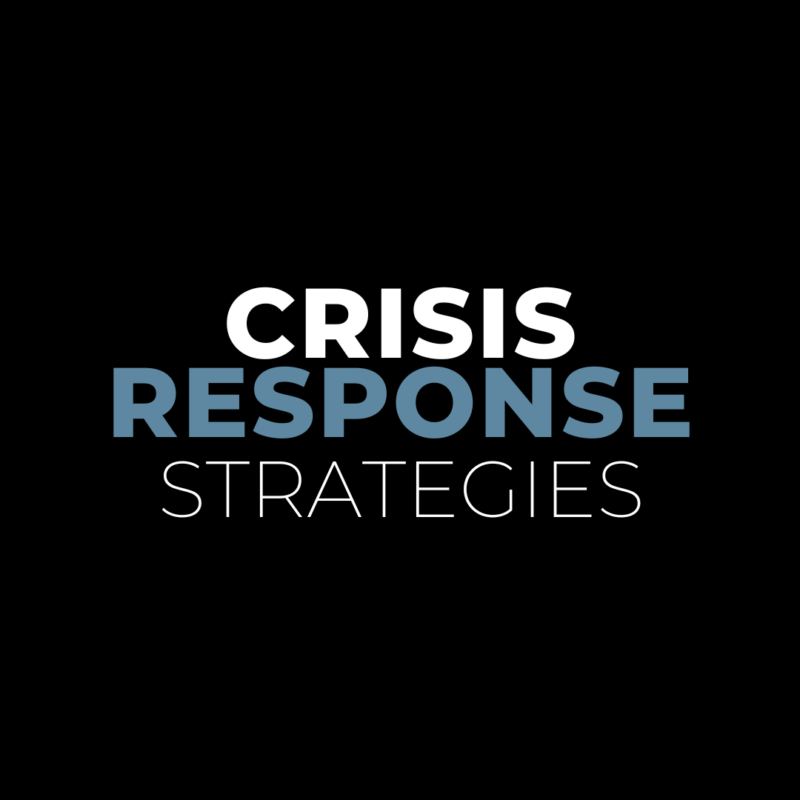Is an unsuccessful strategy a failure?
Success in public relations isn’t black and white. Sentiment, recognition and perception are hard to measure, and consumers are notoriously bad at reporting their feelings. We can rely on some metrics, like social media engagement, purchasing behavior, and event attendance, but outside factors can influence each. It’s a precarious situation. Prove your success or risk being deemed a failure.
No one bats a thousand. Public relations practitioners implement unsuccessful strategies all the time. But that doesn’t mean the campaign or effort wasn’t worth the time. This begs the question: When is a strategy considered a failure? Here are telltale reasons why your strategy failure could spell doom for your project or campaign.
When an entire campaign hinges upon a single strategy.
A public relations campaign should feature several concurrent strategies. Each has its metrics and objectives that support the organization’s overall goal. If a singular strategy is the anchor of your campaign, then that strategy can quickly sink the entire campaign. In PR, we are often stepping out in faith. We’re dealing with audiences who hold nuanced opinions and behave uniquely. While data and research can guide our steps, the truth is that the highest reward often requires significant risks. And a singular, risky strategy sitting at the center of your campaign can lead to big disappointment. You want to work with a PR partner that balances risk and proven successes. You should try bold (to varying degrees depending on your industry) strategies. You should take risks. However, you should create a plan that cushions those strategies so that you can drop them without affecting the entire campaign.
When a strategy runs unevaluated for too long.
There is something to be said for the tried and true strategies. But sometimes, they run their course and become stale. A firm practitioner creates measurement checkpoints to ensure that each strategy, even those they trust will bear fruit, is working. If you let strategies sit and languish, you may return to them in six months to find they’re mostly wasted energy and effort with no results.
When you rush to implement without forethought.
A wise strategy is rooted in experience, future expectations and the current climate. Without due diligence, you’re prone to more errors and pitfalls. When you work too quickly to build a campaign, you’re bound to miss some of the most important steps – mainly the listening parts – essential to understanding what your audiences need. If your strategy is rushed, your consumers can feel it, which is never the goal.
When your strategy is too rigid.
Trends and sentiments change quickly. You could plan an entire campaign around a cultural icon who has a major gaffe two weeks before you’re prepared to launch. If you push a strategy forward and don’t adjust it when the circumstances around it change, then you’re setting yourself up for failure. A wise PR partner reads the room and recommends adjustments (and additions) on the fly based on current events.
Strategy failures happen, but it’s how you respond that counts. Our team of practitioners knows how to create campaigns that knock it out of the park and adjust when one doesn’t quite go to plan. Connect with us if you want to get started on your next campaign.


